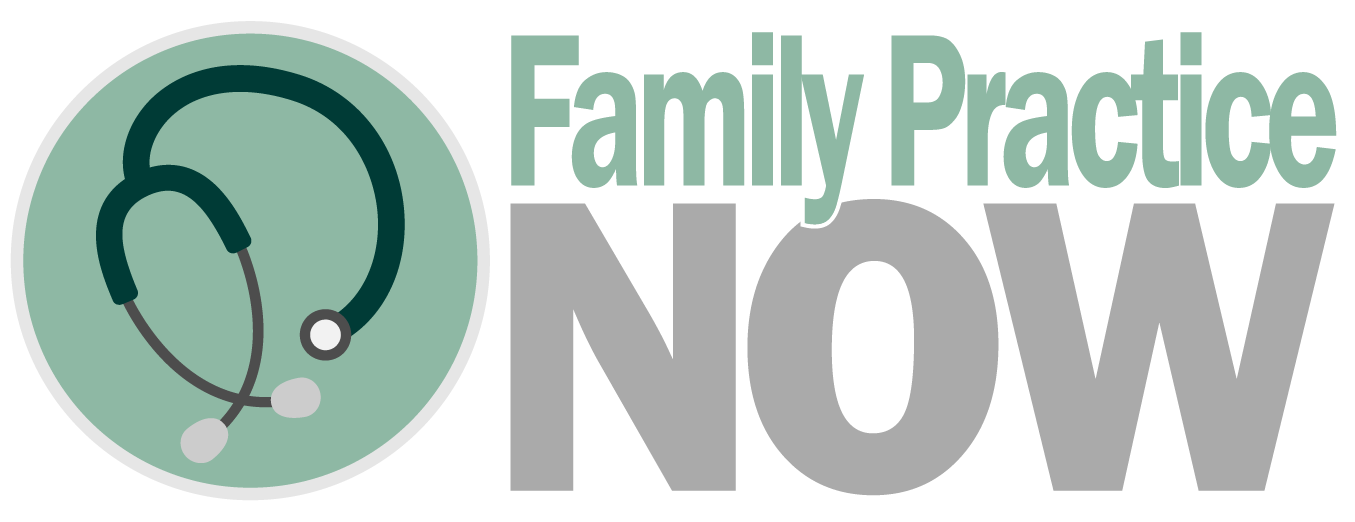Premier - Local Family Doctor
-
What is Menopause and Hormone Therapy?
When we talk about menopause and hormone therapy, there’s been a lot of confusion, both for the public and for physicians, around the use of hormones in menopause.
-
Menopause and Hormone Therapy
The term hormone replacement therapy is, in and of itself, confusing because we’re not replacing hormones that you used to have in your 20s and 30s that would be much higher dose hormones than what we use when we use menopausal hormone therapy.
Menopausal hormone therapy is about a quarter of the dose of what your body produces when you’re in your 30s and 40s.









